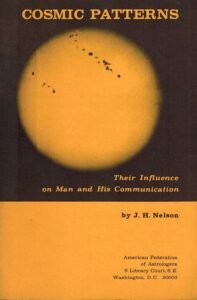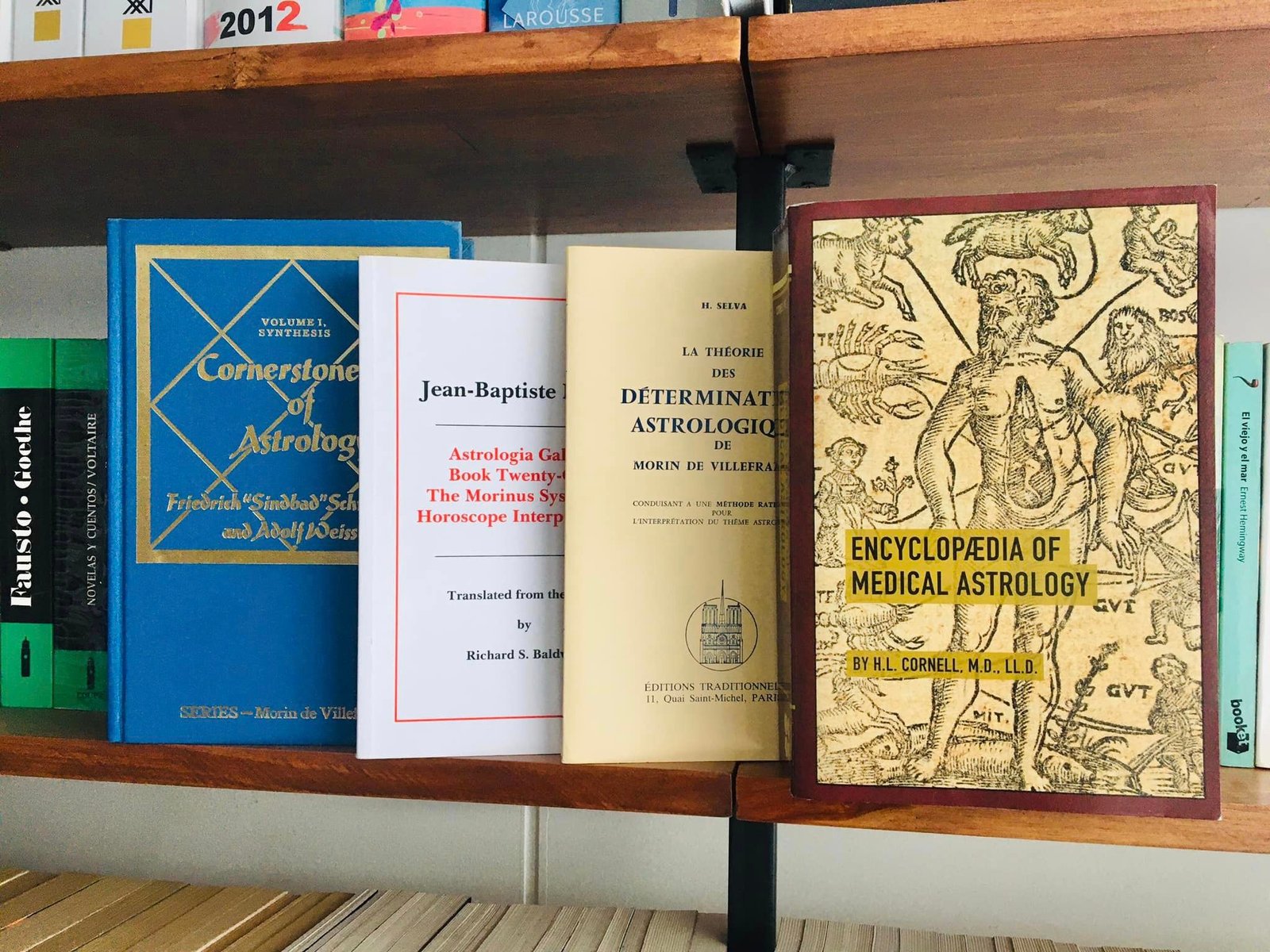Learn the reason for which it is said that certain Zodiacal degrees never rise within the polar regions.
Ancient man had no computers, no algorithms, no televisions, and was oblivious to what was happening elsewhere on the globe. The future, for ancient man, was too uncertain a notion, from which probably follows his tendency towards prediction as the main function of astrology whenever he looked at the sky. (Let us say main, not exclusive, because it was not the only one). Modern man, with the development of technologies and human sciences, and especially psychology and forensic psychology, has been very much concerned with “predicting” as well as “describing” the individual, his character or personality tendencies, and we have set forth more than a few prognostic techniques, whether primary or secondary, objective or symbolic, and each one uses the one they master best, like the surgeon the surgical procedure he knows best and the mathematician the equations he applies best. All these techniques, from tradition and the Middle Ages to the present, have their usefulness or benefit, to a greater or lesser degree, depending on the case. We have also developed the medical theory of astrology and even the now fashionable astrocartography and much more, not to mention the eternal “determinism versus free will” debate that has always occupied the minds not only of astrologers but of theoretical physicists and philosophers as well. We also have the revelation of Hellenistic techniques thanks, in large part, to Project Hindsight and its translations from the Greek, as well as more than a few statistical assessments or studies, most notably those conducted by Michel Gauquelin during the 1970s and part of the 1980s before his death in 1991.
What, then, is astrology lacking or what should be its main purpose or objective today, a student asked me this morning when he set aside a session for conversation only. I replied that everything has been said and that the primary mission ought to be to unify astrology in order to return it to the faculties of the world’s prestigious universities in Latin America and Europe. How can we achieve this? Is it necessary, first, to ascertain the mechanism of action through which the heavenly bodies exert their influence on life on Earth? Not necessarily, for even if quantum mechanics (of which Einstein was a forerunner with the publication of his photoelectric effect in 1905) could not be fully explained, its effects could be ascertained and the method could be verified, thus revolutionising telecommunications, unleashing the digital age in which we live today, giving rise to the first mobile phone and broadband, not to mention plasma screens (ionised gas that responds to electric fields).
The effects of the cosmos closest to us, i.e. the solar system, can be seen in much the same way as astronomer and radio engineer John H. Nelson did in 1954 (see his article in RCA Review). First, however, it will be necessary to correct the statistical bias characteristic of all experiments so far, especially by Gauquelin, Bastedo, and McGervey, which insist on launching statistical studies based upon a single variable, an isolated planetary placement which, by the same token, will always be common to tens of thousands of people or events. What could we expect from a statistical study of Aries or Taurus people, i.e. those whose Sun occupies said signs? Absolutely nothing. What could we expect from a statistical study of countries with a certain Ascendant or the other, or of people with Venus in Capricorn or in Sagittarius, or any other planet in any other particular sign? Absolutely nothing. If, however, we were to take as a variable “Mercury in Pisces as ruler of the 3rd House while, at the same time, the ASC is Capricorn and Saturn is conjunct Mercury in Pisces in trine to Jupiter in Cancer” to see if that configuration produces the same effect on the 10 or 20 people (or events) who share that particular configuration or “genetic/astro sequence”, then, and only then, we will accomplish something, something meaningful. In the meantime, hardly.
Recall Gauquelin’s pre-failed experiment during the 1980s when he sought to determine in how many criminal birth charts Mars appeared in the 8th House [1]. He certainly did not find anything noteworthy and confessed as much in his Cosmic Clocks (1967, pp. 141-142), for a hundred criminals, like a hundred writers, do not have an identical chart. In any person of any trade we will find Mars in any sign or house and aspect. Very few understand this reality (it took Gauquelin a few years to understand it in order to refine his method) and so they insist on reducing the life of a person or the cause of a national or international event to a single particular placement or aphorism, ignoring thereby the synthesis of which Weiss (1926) and Zoltan Mason (1974) spoke based on the postulates of Morin de Villefranche (1661).
__________________
[1] On how to distinct psychopathy, see our recent paper: On the mathematical expression of the interpretative exercise. DOI 10.5281/zenodo.10614439: https://philpapers.org/rec/BUSOTM











